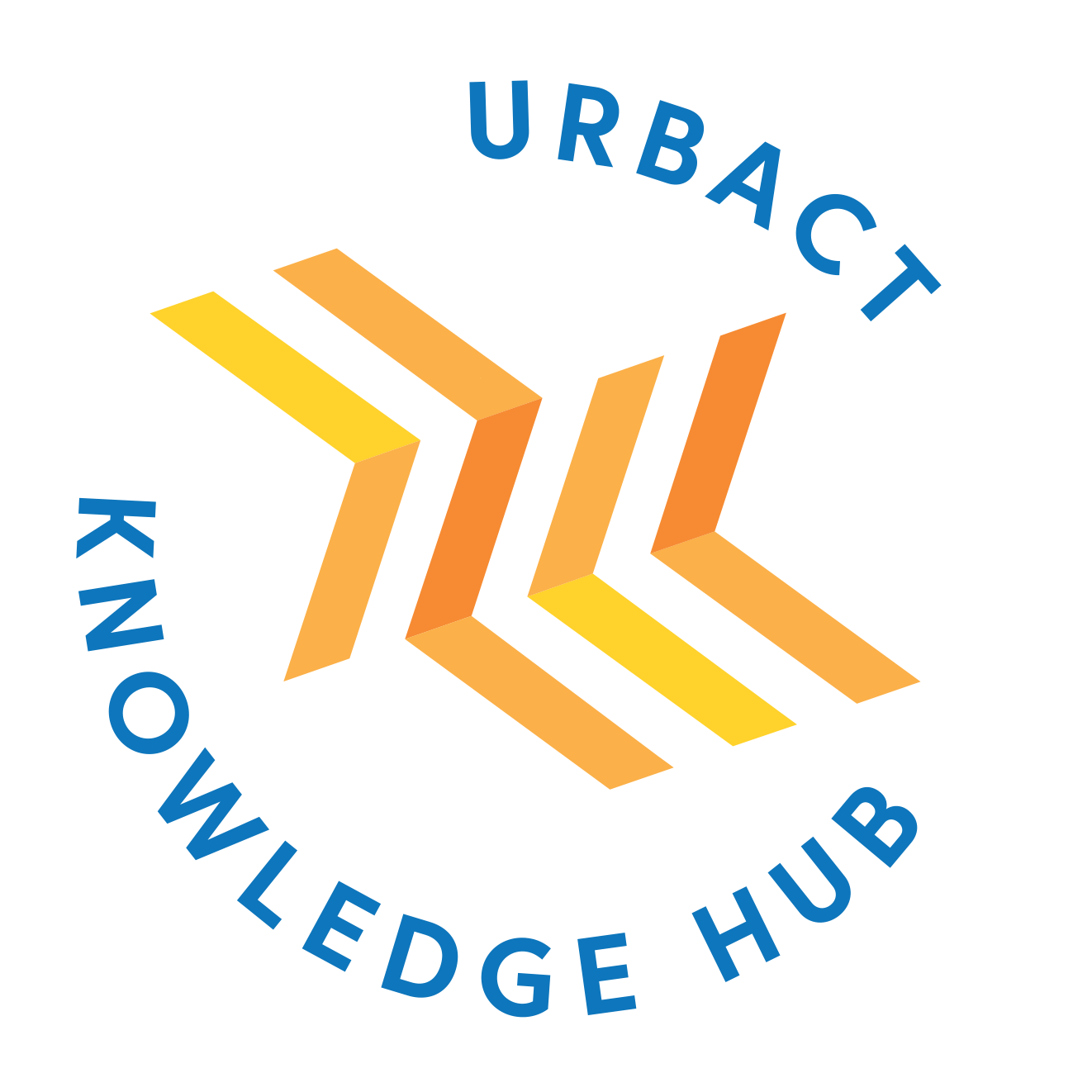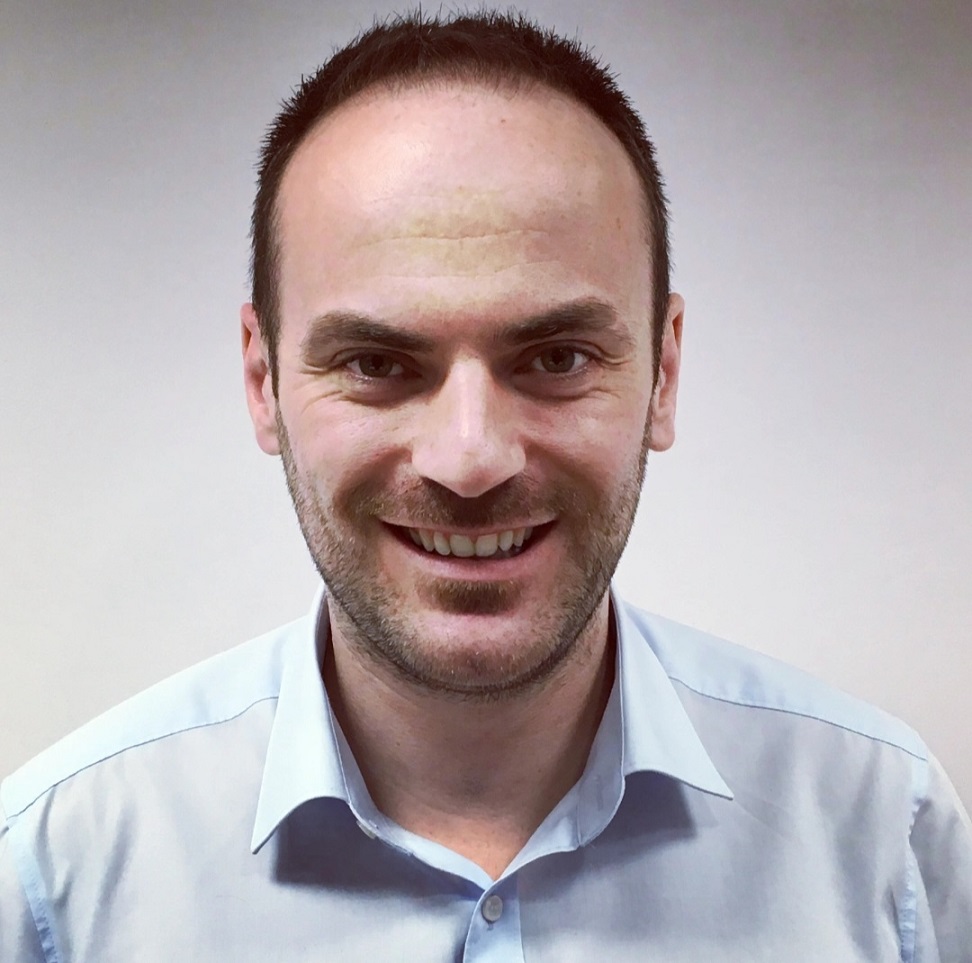How to enhance the vitality of small Irish cities
Edited on
16 July 2019How can small towns thrive today? URBACT, the European cooperation programme driving change for better cities, is highlighting an array of local actions to help small and medium sized cities become more vibrant.

From unique shopping experiences, distinctive local products and cultural events to community engagement and financial incentives, smaller cities are looking for ways to stay attractive – and convince enough business, talent and visitors to resist the pull of larger urban areas.

Hundreds of small towns and cities have joined URBACT networks over the years, working with local groups and international expertise to find sustainable, cross-sector solutions to problems such as empty high streets, dwindling jobs or ageing populations. Irish towns such as Naas were involved in City Centre Doctor and had a Good Practice McAuley Place for older people, Monaghan were partners in Wood Footprint and had a good practice The Town Team, and Longford were partners in the MAPS network with a Good Practice From exorcising ghost estates to creating spirited communities
Going forward Longford have secured another URBACT network - UrbSecurity, Athy are partners in the Volunteering Cities Transfer network, and Balbriggan have secured a place in the iPlace network.
URBACT networks shared a selection of such solutions at a Vitality of Smaller Cities conference in Barcelona. Read the full report with case studies and policy recommendations here. The event brought mayors, city officials, urban practitioners and researchers from 23 countries together to investigate how to create lively city centres, boost the marketability of local produce – and make smaller cities a priority.
URBACT will be reaching out to small cities, to get your input about what specific issues you face, and understand the support you need to maintain or boost the vitality of your cities.
Stay tuned to urbact.eu for more details!
The full article submitted by Amy Labarrière is available here.

 Submitted by Karl Murphy on
Submitted by Karl Murphy on
